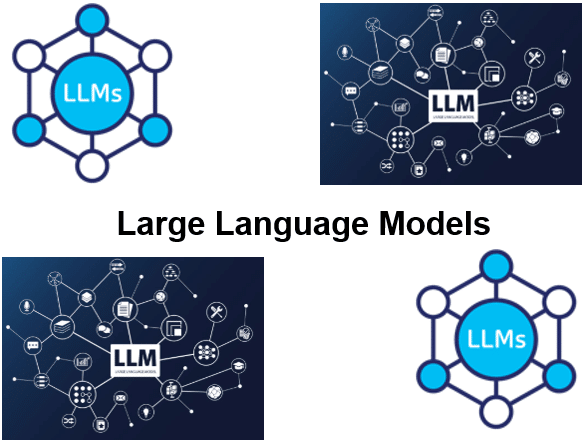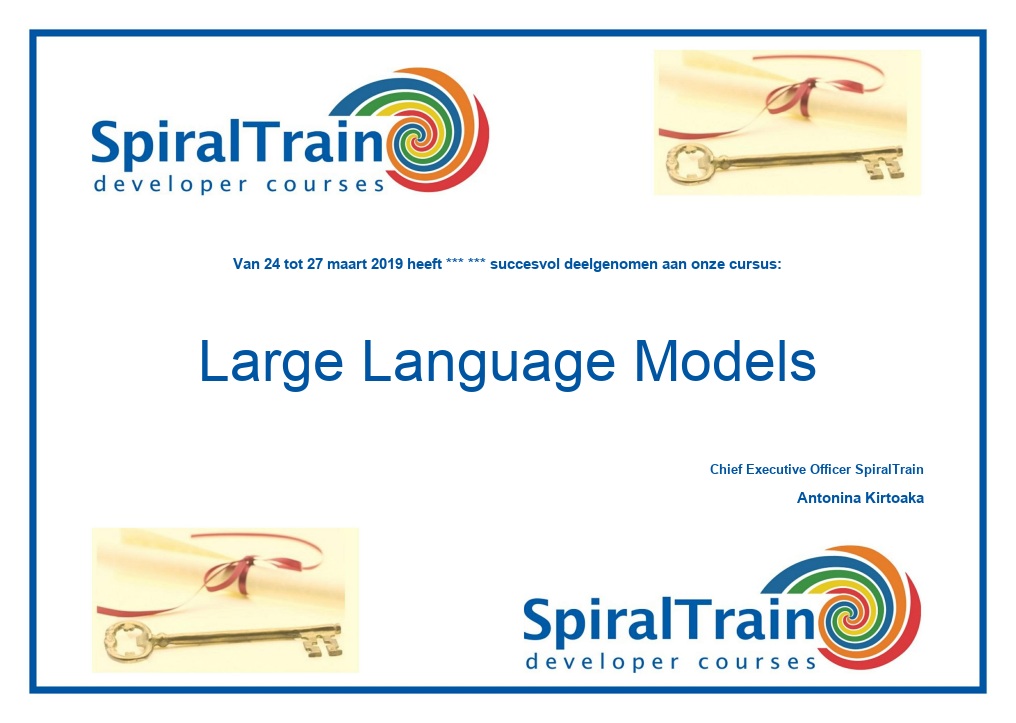- Leren door doen
- Trainers met praktijkervaring
- Klassikale trainingen
- Gedetailleerd cursusmateriaal
- Duidelijke inhoudsbeschrijving
- Maatwerk inhoud mogelijk
- Trainingen die doorgaan
- Kleine groepen
Applied generative AI using ChatGPT in real-world business, coding, and creative contexts.
Cursusoverzicht
Deze praktische cursus van 2 dagen biedt een diepgaand begrip van GitLab CI/CD, een krachtige tool voor het automatiseren van softwarebuilds, -tests en -implementaties. Deelnemers leren hoe ze CI/CD-pipelines in GitLab kunnen instellen, configureren en optimaliseren om de efficiëntie van softwarelevering te verbeteren.
Aan het einde van de cursus kunnen deelnemers:
• GitLab CI/CD-architectuur en -concepten begrijpen
• CI/CD-pipelines maken met .gitlab-ci.yml
• Continue integratie en leveringsbest practices implementeren
• Builds, testen en implementaties automatiseren
• GitLab CI/CD integreren met Docker, Kubernetes en cloudplatforms
• Beveiligings- en nalevingscontroles implementeren in pipelines
De cursus GitLab CI/CD is bestemd voor DevOps-engineers, Software Developers en QA engineers die pipelining met GitLab willen leren.
Voor deelname aan cursus is basiskennis Git, versiebeheer en software workflows vereist. Bekendheid met containers is nuttig.
Theorie en praktijk worden in de cursus met elkaar afgewisseld. Uitleg aan de hand van case studies uit de praktijk.
De deelnemers krijgen na het goed doorlopen van de cursus een certificaat van deelname aan GitLab CI/CD.

|
Module 1: Introduction to LLMs • What are LLMs? • The Transformer architecture • Training objectives (causal, masked) • Evolution of LLMs (GPT, BERT, T5) • Open-source vs proprietary LLMs • Tokenization and vocabulary • Attention mechanism • Model scaling laws • Transfer learning • Pretraining vs fine-tuning Module 2: Model Architectures and Frameworks • Decoder-only vs encoder-decoder models • GPT, LLaMA, T5, and PaLM • Training pipeline overview • Optimizers (Adam, Adafactor) • Precision (FP32, FP16, quantization) • Frameworks: Transformers (HF), Megatron, Deepspeed • Parameter tuning vs instruction tuning • LoRA and QLoRA • In-context learning • RLHF (Reinforcement Learning with Human Feedback) Module 3: Training and Fine-tuning LLMs • Dataset creation and curation • Tokenizer customization • Data preprocessing • Fine-tuning with Hugging Face • SFT (Supervised Fine-Tuning) • Adapters and LoRA • Evaluation metrics • Avoiding overfitting • Model alignment • Model evaluation and benchmarking Module 4: LLM Deployment and Scaling • Inference optimization • Model distillation • Quantization techniques • Hosting on cloud (AWS, GCP, Azure) • Using model gateways (Replicate, Hugging Face) • LangChain and semantic search • Vector stores and embeddings • Caching responses • Load balancing • Cost optimization strategies Module 5: Safety, Bias, and Ethics • Understanding model biases • Mitigation strategies • Model auditing • Adversarial prompts • User privacy • Filtering and moderation • Red teaming • Explainability in LLMs • Interpreting outputs • Regulatory and legal issues Module 6: LLM Use Cases and Ecosystem • Coding assistants • AI for legal and finance • Education and learning • Health care and biotech • Chatbots and agents • RAG systems • Tool use and plugins • Enterprise use of LLMs • Evaluating new models • Future directions in LLM research |
